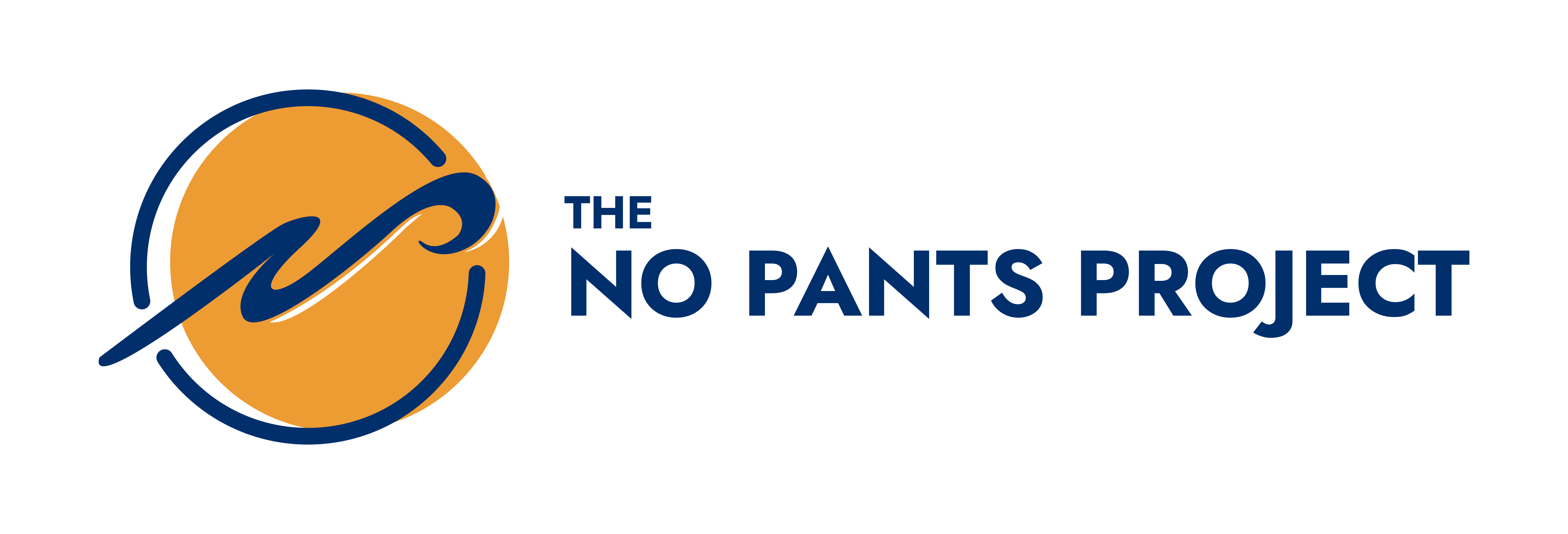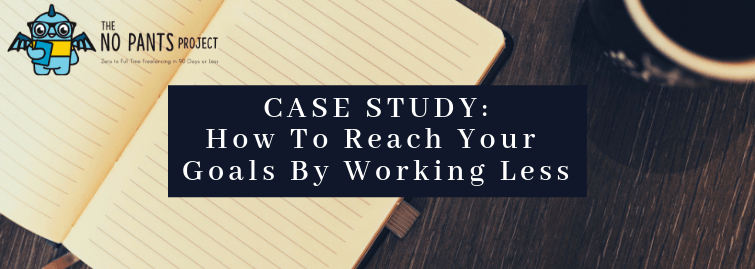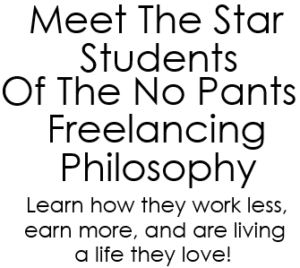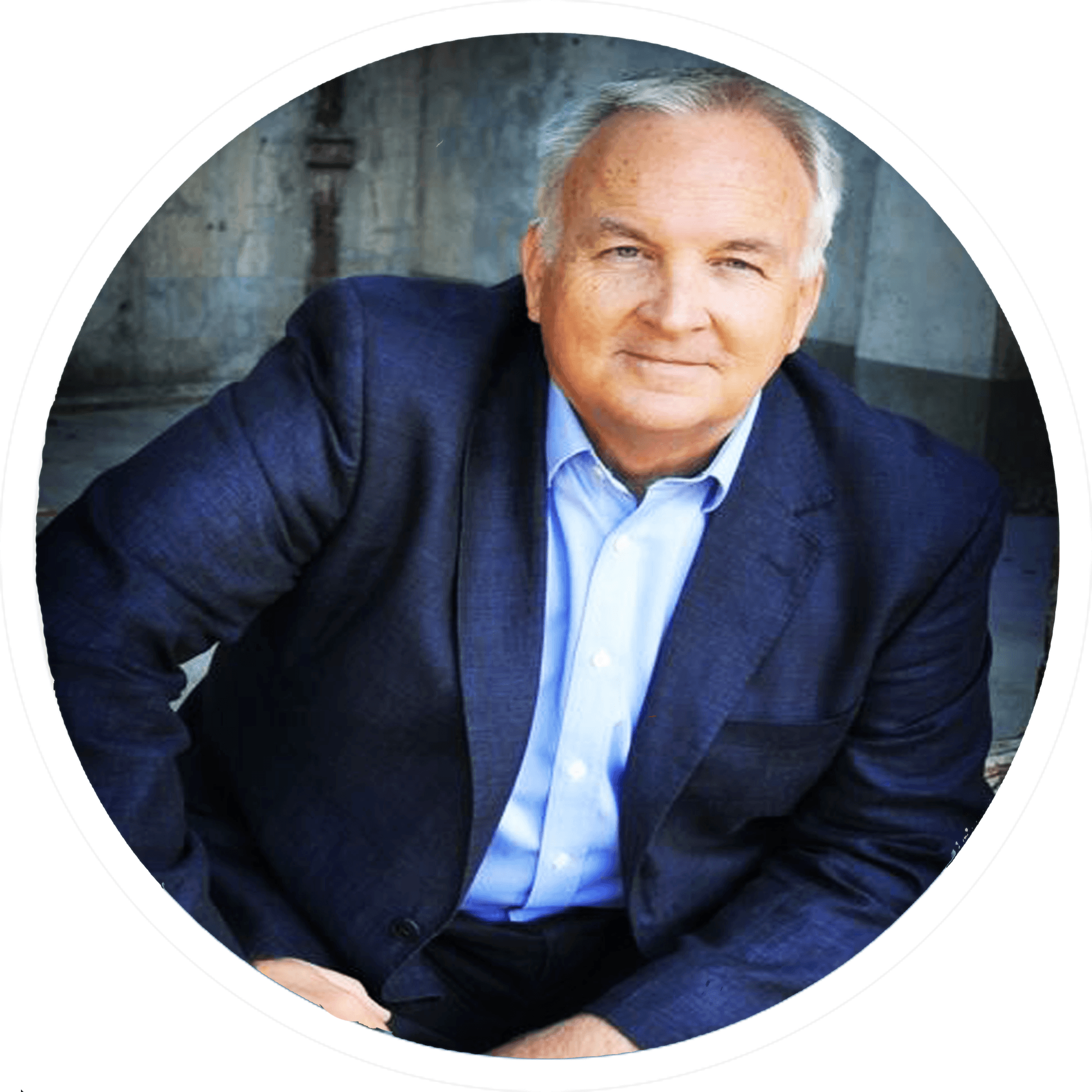If you’ve ever felt frozen in the face of important decisions, or exhausted by a project that you haven’t even started, or just creatively fogged, then you know what it’s like to be overwhelmed.
In his recent episode of The No Pants Show podcast, How To Refocus When Feeling Overwhelmed, Mike Shreeve talks about the four domains of overwhelm and how to fix them: physical, environmental, emotional, and mental.
When You’re Overwhelmed, Check These Four Domains:
1. Physical: Do a Body Scan
“Every time you make something, you grow, and a natural part of growth is overwhelm. And that’s okay! It’s simply a symptom of growth.” – Mike Shreeve
Despite your brain being a fantastically powerful processor, sometimes it gets confused and overwhelmed in the face of minor threats. This is a carryover from our hunter-gatherer days when we navigated danger on the regular.
Now that we don’t worry about death by tigers, our brains basically redirect their pent-up survival energy by making up drama.
Deprive your body of food or sleep, for example, and even while you might feel relatively calm (if not foggy, cranky, or lethargic), inside your cranium the Brain is blaring All Points Bulletins like:
APB 1: ATTENTION! In an effort to prevent death, please reallocate all vital resources to survival ASAP.
Some time later…
APB 2: WHY ARE THE LIGHTS STILL ON IN THE ART STUDIO?! (i.e., your prefrontal cortex)
And …
APB 3: WHO FORGOT TO SHUT DOWN THE IDEA MACHINE?! MANAGEMENT EXPECTS ALL AVAILABLE BLOOD UNITS TO REPORT TO SURVIVAL HQ IMMEDIATELY, OR YOU’RE ALL FIRED, AND BY FIRED WE MEAN DEAD.
So, how do we prevent this? If you’re feeling overwhelmed, the first step is to scan your body.
Hydrate: When was the last time you drank water?
Here’s an actual conversation I had with my husband recently:
Me: I’m so tiiiired. Whyyyy?! Waaaahhhh!
(Then I balled my hands into fists and rubbed my eyes until tiny stars sprang out of them.)
Husband: Have you had any water?
Me: Oh…
I had not had any water.
Sometimes when I’m super focused on work, I neglect my most basic needs. Then my productivity withers and everything suffers.
4 Ways Dehydration Affects Your Brain
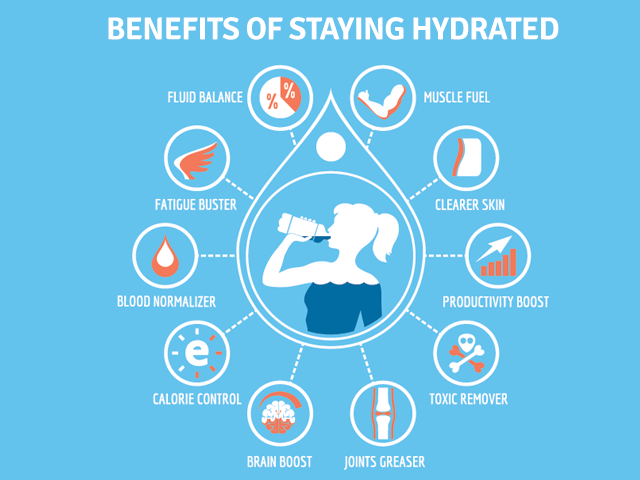
Fuel: What’s feeding (or draining) your brain?
Glucose is important because it’s your body’s main source of fuel. Your brain also depends on glucose as its primary fuel source, which explains the weakness and irritability that often occur during sugar crashes. Healthline.com
Snack peddlers started cashing in on our bad habits way before 2018, when hangry was officially entered in the Oxford dictionary.
Of course there’s no shortage of irony in marketing a “cure” that causes the very problem it’s supposed to solve, i.e., selling sugary snacks to fix crashes caused by sugar.
Researchers on Harvard’s medical blog are making these connections official:
…there are many consequences and correlations between what you eat, how you feel, and how you ultimately behave. Your Brain on Food
If you’re suffering from indecision, a shorter than usual attention span, or a foul mood, it might be your stomach, not your to-do list, that’s bumming you out.
Move: Is your brain in muck, because your body’s stuck?
Sometimes the best way to banish angst or remove creative blocks is to remove your butt from your desk chair.
Each of us needs to move our bodies a little bit each day to keep our brains healthy and our minds strong. The Greeks had it right: A Sound Mind in a Sound Body.
Psychology Today: The Brain Drain of Inactivity
It’s not about being athletic.
Check out the creative ways Mike incorporates movement in his day to day:
- Regular ol’ exertion
When I was younger I abandoned countless fitness routines, because I thought vanity was the point, but that didn’t keep me motivated.
THEN I realized that moving makes my brain feel better.
- Hourly movement
It’s amazing how much a few simple reps can energize your body and brain throughout the day. Pushups, squats, stretches. Whatever your pleasure.
I do tricep dips on my sink every time I go to the bathroom, an idea I got from Stanford researcher BJ Fogg who started the Tiny Habits movement. (Note: It’s hard to be overwhelmed by anything tiny!)
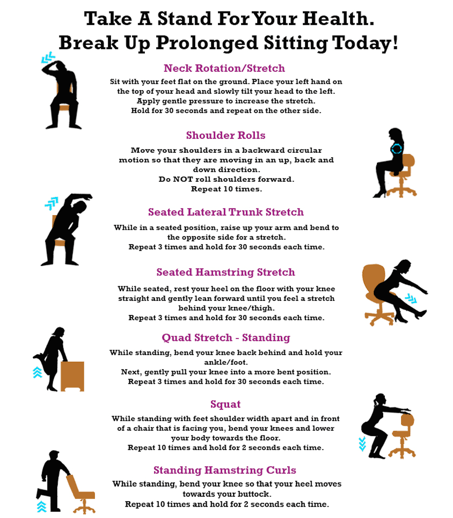
- Co-movement
“Moving with other people engages the prefrontal cortex, where empathy lives, the problem solving unit of our brain. The more we engage it, the more it stays engaged.”
This is my favorite of all the movement categories covered in this podcast.
Moving with others rewards two parts of your brain, the part that wants action and the part that wants connection.
That’s what marketers call a BOGO!
My recommendation? Dance.
If you think dancing is the terrain of extroverts, I offer these irrefutable points:
- You can (and should!) have dance parties without leaving your house.
- When you are out and about in the world, it is nearly impossible to make small talk while also having a spontaneous dance party.
So, my fellow introverts, in closing: Dancing is an escape from small talk, a source of cardio, and a way to hide in plain sight.
You’re welcome.
2. Environment: Evaluate Your Spaces & Places
The spaces and situations outside of your body, brain, and to-do list can be tremendous sources of overwhelm.
When your environment is the reason you’re feeling out of sorts,
“… instead of trying to tough it out and grind it out, and trying to figure it out in between your ears, what you have to do is make adjustments in your environment.” – Mike Shreeve
While a tidy desk can contribute to a sense of calm, Mike goes beyond that in this podcast and reminds us to pay attention to sensory things we take for granted, like air.
Go outside.
The definitions and sociopolitical structures around solitary confinement are dark and complex, but at its core it’s the practice of isolating someone in a closed cell for 22-24 hours a day.
Sound familiar?
Some of the damage wreaked by this punishment: hypersensitivity, anxiety, nervousness, obsessive rumination.
No wonder you’re overwhelmed!
On the other hand, here are some of the scientific benefits of spending time outside:
- More energy
- Better moods
- Calmer nerves
- Improved problem solving
If your surroundings or circumstances are the source of stress…
“…there’s no amount of mental willpower that’s going to overcome the environmental inputs that are causing this reaction.” – Mike Shreeve
Sometimes the simplest solution is to walk outside.
Check your tech.
In this digitally nomadic age, computers are offices. So, how’s your office?
Are your cloud accounts, desktop folders, and phone files a source of overwhelm?
- How often do notifications interrupt your focus?
- How easy is it to access what you need?
- How easy is it to access email or social media?
- How many tabs do you have open?
Here’s a tech-savvy post with all kinds of tips about taming your tech and staying focused: Increase Your Freelancing Productivity and Profitability With These 25 Chrome Extensions
Are you using information as procrastination?
This is the part of the podcast that forced me to have some real-talk with myself.
“So many people collect information and never analyze it.” – Mike Shreeve
I’ve come to realize that I enjoy information like some people enjoy expensive wines. Which is to say I have a tendency to collect more than I consume.
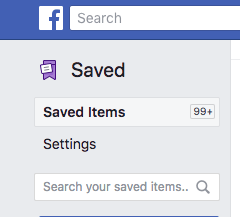
Sometimes I gather data as a way of stalling when I’m afraid of making a bad choice or communicating a tough decision. This sort of faux analysis and excessive research is a symptom of insecurity, and it can be hard to resolve unless I realize it’s happening.
One of my favorite suggestions from this episode is to physically separate key phases of a workflow or decision process, so that they don’t all take place in the same environment. When it’s easier for your brain to distinguish between each phase, you’re less likely to get stuck.
For example, if your analysis and decision making happen in the same place (i.e., staring at the same screen), then you can see how the brain might assume you’re still analyzing when you’re supposed to be deciding. This is the definition of Analysis Paralysis.
Mike explained in the podcast episode that he uses three zones in his office for different activities:
- Most Work: Stand-up Desk – This is where he does most of his day to day work.
- Lighter Work & Quick Breaks: Laptop – When he needs a breather from the main workstation, Mike moves to a laptop area for a breather.
- Brainstorming & Reflection: Paper & Comfy Chair – When Mike needs to think about some new information, or empty his brain, or think on paper, he takes a notepad and pen to his most comfortable chair in the corner of the office.
So, take some time to think about how you could change up your work environment.
Move to different places in your office, your home, or even outside, if you can.
Spend some time away from the computer, with paper and pen to help get your thoughts out of your head too.
3. Emotional: Check Your Baggage
Sometimes our brains help us cope with a painful moment by packaging the memory and putting it away.
But it doesn’t really go away, does it?
If you’re feeling overwhelmed by what seems like nothing in particular, it could be long forgotten luggage, finally making its way around your mental carousel.
Sometimes professional therapy is the best way to excavate old, unresolved sources of stress. (I can personally vouch for this being a worthy investment.)
Whether you pay for support or not, there’s value in conducting a mental inventory to gently turn your attention toward unresolved worries that might be tripping you up from the shadows.
Mike says, “One of the things I check first, if I’m feeling confused or frustrated: Is there a conversation that I should be having right now?”
Do you need to repair a relationship?
Joseph Grenny, co-author of Crucial Conversations, one of my favorite books about high-stakes communication, says, “If you don’t talk it out, then you’ll act it out.”
For a lot of people, the idea of initiating an uncomfortable discussion can be an intense source of anxiety. The stress caused by avoidance feels safer than the potential fallout of a conflict.
But it’s a tradeoff that takes its toll over time.
If your stress is the result of conflict avoidance, you can learn to develop skills for handling this kind of tension. We’re not born knowing how to communicate in the face of conflict, but there are trainable techniques and processes that get easier with practice.
There are loads of resources that can help with this, including a PsychCentral blog by Nate Regier, expert in social-emotional intelligence and author of Conflict Without Casualties.
Learning how to negotiate or defuse conflict is one of the best investments you can make in your personal development, and your business.
Is it time to release old guilt or shame?
When shame is calling the shots, we get overly fearful of being judged or criticized. That’s why shame and perfectionism are perfect cohorts.
In her audiobook The Power of Vulnerability, Dr. Brené Brown calls perfectionism the 20-ton shield.
She says, “We carry it around hoping it will protect us, when what it really does is stop us from being seen.”
If we’re invisible, no one from the past can emerge from the shadows to compare us to our former selves.
Are you overwhelmed by this kind of insecurity? Start by reading or listening to anything by Brené Brown.
Be brave. Find support.
Your past doesn’t have to define you.
Do you need a break?
Sometimes the cure for overwhelm is as simple as taking a step back or taking a break.
Reset your perspective.
Instead of grinding away at big audacious goals, find ways to build momentum in small, easy increments. Your brain will thank you.
“A lot of people obsess over a single problem for too much time. If they can’t find the solution straight away, that obsession becomes circular thinking, and that circular thinking causes overwhelm, confusion and frustration, and they would’ve been much better off if they’d just stopped for a second, gone and accomplished something else to get a boost of self esteem, and then come back to the problem.” – Mike Shreeve
Who’s influencing you?
Moods and attitudes are more contagious than the swine flu, and they can be just as lethal to your business momentum.
Do the people around you support your goals? If not, you might want to create some distance until you’re on surer footing.
It’s not about cutting off loved ones. It’s about cutting yourself some slack until you’re more immune to the negativity and doubt of others.
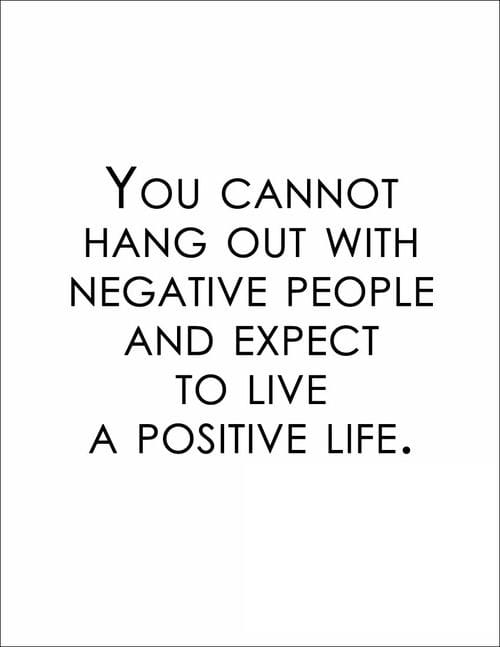
4. Mental: Check Your Head
How crowded and noisy is the space between your ears?
Mike says, “Oftentimes what happens is I feel overwhelmed and confused because I have so many ideas rolling around in my head.”
Unpack Your Overwhelmed Brain Onto Paper
If you’re paralyzed by the sheer volume of your to-dos or responsibilities, run a mental defrag and make some space in that overcrowded cranium.
Productivity guru David Allen teaches simple prompts for excavating your brain, and one of his fans summarizes the process in this video: How to do a Mind Sweep.
Mike Shreeve is also a big proponent of putting your thoughts on paper. He makes this point about the brain: “As powerful as it is, it’s easily overwhelmed with different ideas and thoughts, but it’s really good at processing externally.”
His recommendation: If you’re so overwhelmed that you don’t even know where to start, take paper and pen, and write everything down. Don’t judge it or worry if it’s all related. Just get it out of your head.
Practice Mindfulness/Meditation
Starting a business means acting in spite of uncertainty and moving forward without all the answers.
The ambiguity can be overwhelming.
Meditation keeps me from being swept up in my feelings, or carried away by what-ifs.
It gets better and easier the more you practice, but even five minutes of mindful breathing with zero experience, can help tame your nerves.
Mike loves the Headspace app, a great tool for learning and practicing meditation regardless of your experience level.
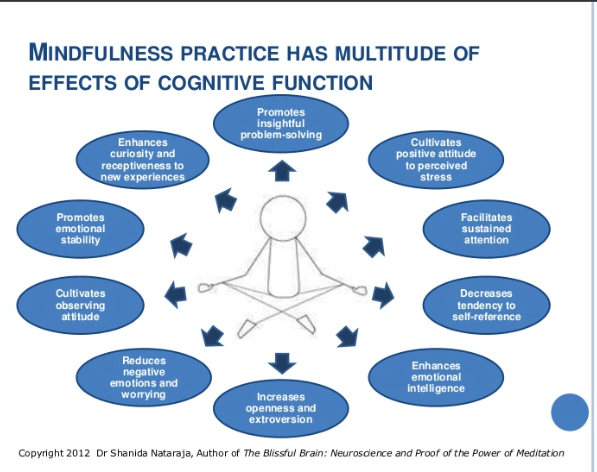
Get “Bored”
Beat creative blocks by putting yourself in a media time-out.
Remove all the usual distractions of entertainment, news, and social media.
“You get ideas from daydreaming. You get ideas from being bored.” – Neil Gaiman
Next time you’re feeling stuck or overwhelmed, try closing your laptop and putting your phone in a desk drawer. Then sit somewhere comfortable with nothing but a notebook and pen.
(And water, of course!)
“I’ve found it to be a highly useful tactic in the creative process, in terms of making things, but also in solving problems for your business… sitting there with a piece of paper and a pen and saying ‘let’s solve this’.” – Mike Shreeve
Summed Up: When You’re Feeling Overwhelmed
Feeling overwhelmed is a natural part of growing. It’s a sign that you’re doing something special, like starting a business.
Before you can fix frazzled feelings, you have to find the sources. Start by taking stock of your mind-body ecosystem.
Ask yourself questions about these key areas:
- Physical: How am I treating my body? Am I hydrated? Have I exercised?
- Environment: How would I describe my supporting environments? Have I been outside?
- Emotional: Do I need to deal with any emotional baggage? Am I carrying the past?
- Mental: What’s the state of my mental state? Do I need a break?
Listen to the full podcast episode, How To Refocus When Feeling Overwhelmed, here.
And if you enjoyed it, leave us a rating on iTunes or your favorite podcast platform. You can also subscribe to the show here, and never miss an episode.
I spent years as a corporate employee feeling overwhelmed and at the mercy of other people’s systems and structures. Now The No Pants Project is helping me design a career and lifestyle on my own terms, and it can help you do the same.
